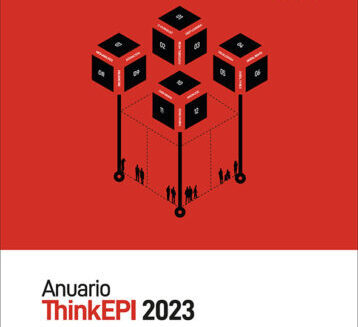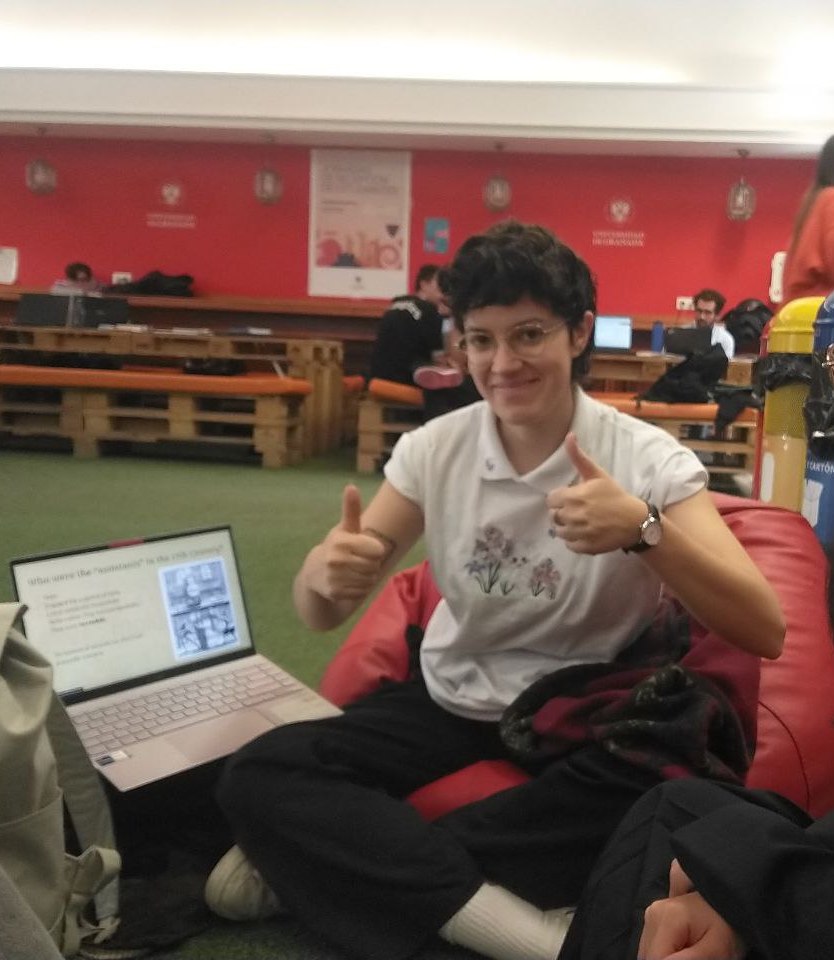For the past couple of weeks, team member Elvira González-Salmón has been very active in thinking and writing about crucial topics for our field of study. Kudos! The best part is that you can have access to her already published note on the book «Introduction to informetrics: quantitative methods in library, documentation and information science» by Egghe and Rousseau (1990), and to the still under review letter to the editor about a Scientometrics analysis from a gender perspective. Here’s a sneak peek to both of them:
Nunca es tarde si la informetría es buena: comentario de Introduction to informetrics
Authored by Elvira González-Salmón.
El mundo de la informetría ha cambiado enormemente desde 1990, año en que Leo Egghe y Ronald Rousseau publicaron por primera vez Introduction to informetrics: Quantitative methods in library, documentation and information science. En esta nota revisitamos este clásico de la informetría, con la visión puesta en el análisis de los contrastes y continuidades que encontramos entre la primera aproximación al término que propusieron estos autores, y la realidad de este campo de investigación en 2023.

Cite as González-Salmón, E. (2023). Nunca es tarde si la informetría es buena: comentario de Introduction to informetrics. Anuario ThinkEPI, 17. https://doi.org/10.3145/thinkepi.2023.e17a32
A call for transparency in gender assignment approaches
Authored by Elvira González-Salmón and Nicolás Robinson-García.

In this letter to the editor we discuss the crucial role of algorithmic approaches in gender assignment and their impact on publication and citation patterns within the scientific workforce. We conducted an analysis of Scientometrics articles and found a series of weaknesses and bias of current gender assignment algorithms. While some studies presented clear and replicable approaches, others lacked transparency, hindering the reproducibility of results. We highlight the importance of transparent reporting. We argue that transparent, robust, and replicable reporting is essential to address limitations and promote more inclusive practices in the field of bibliometrics. By providing clear methodologies, researchers can enhance the quality and reliability of their studies, ultimately advancing the understanding of gender disparities in science.
Cite as González-Salmón, E., & Robinson-Garcia, N. (2023). A call for transparency in gender assignment approaches. Zenodo. https://doi.org/10.5281/zenodo.10036331
